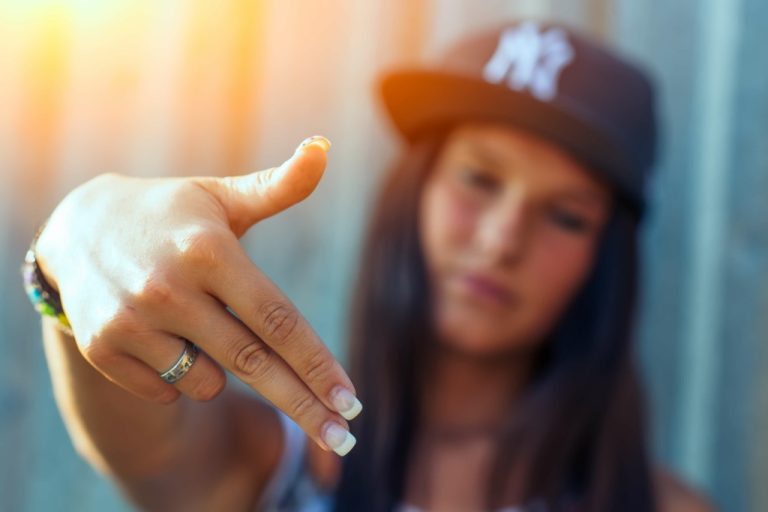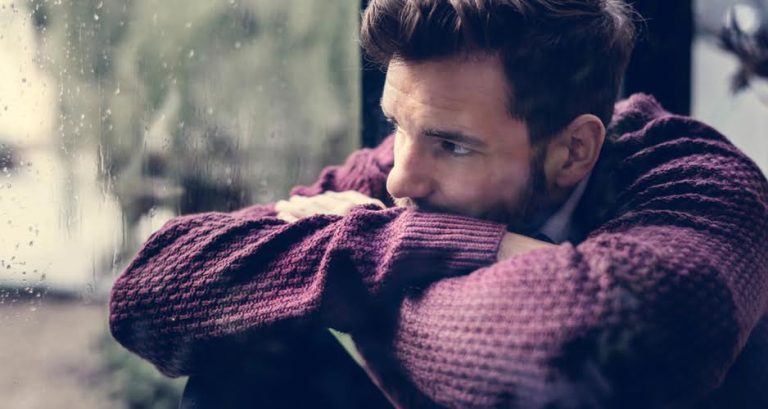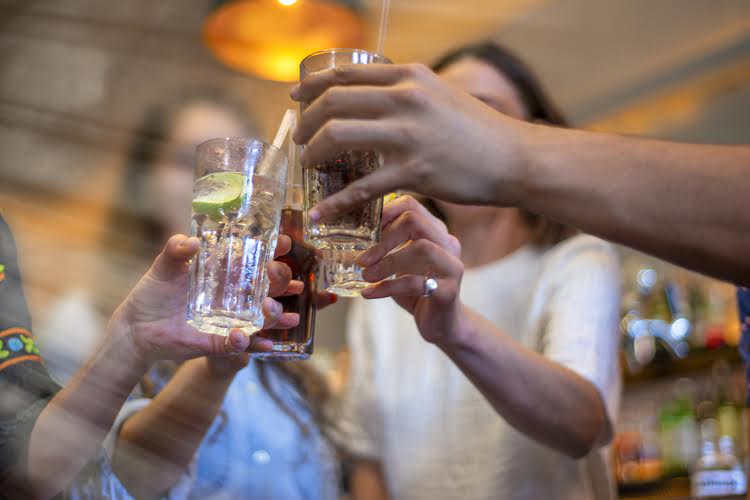Some people never notice feelings of depression — or any negative effects at all — after drinking moderately. Others might begin feeling depressed or anxious after just one drink. However, alcohol can make these feelings and other symptoms https://thealabamadigest.com/top-5-advantages-of-staying-in-a-sober-living-house/ worse over time, perpetuating the cycle of alcohol consumption and depression. The use of medication to treat an alcohol use disorder and a major depressive disorder depends entirely on the individual and their circumstances.

Support at home
- Despite the availability of several evidence-based medications and behavioral therapy approaches for treating co-occurring AUD and depressive disorders, improvements in treatment for this population are clearly needed.
- People with depression frequently lose interest in activities that once brought them joy like hobbies and social events.
- This article was clinically reviewed by fellow FOLX clinician Kaity, CNM PMHNP-BC.
- If you’re also struggling with depression, having experienced peers or a trusted professional to talk to can make a big difference.
- Nearly one-third of people with major depression (or major depressive disorder) also have alcohol use disorder.
Professional treatments and support can help you overcome alcohol misuse and alcohol use disorder and improve your overall health and well-being. So many members of our community, including myself, have had harmful experiences with healthcare providers when seeking care for vulnerable issues. On top of that, the cultural stigma of mental health challenges, including depression and all substance use, along with a lack of accessibility to LGBTQIA+ supportive Sober House health resources, can create feelings of shame and depression within anyone who is struggling. Please know that everyone here at FOLX genuinely wants to help you in a supportive and non-judgmental way. In contrast, some people with depression experience hypersomnia, which is when they oversleep and feel excessively tired during the day. A 2016 study found hypersomnia can make depressive symptoms worse and can cause treatment resistance.
- Alcohol deaths have steadily climbed over the past decade, a trend that accelerated during the pandemic (Figure 1).
- In the absence of the data necessary to establish recommended drinking levels for depressed patients, clinicians may need to conduct an idiographic assessment to determine the potential influence of alcohol use on depressive symptoms for a particular patient.
- In fact, as the effects of alcohol recede, you may actually feel more depressed.
- Similarly, the majority of alcoholics admit to experiencing periods of nervousness, including at least 40 percent who have had one or more intense panic attacks characterized by a brief episode of palpitations and shortness of breath (Kushner et al. 1990).
Drink plenty of water

If you wake up feeling miserable after a night of drinking, you don’t have to wait it out. Here are a few strategies to help you lift your spirits in the moment. Dopamine produces positive emotions that make you feel good and help reinforce your desire to drink, but alcohol affects your central nervous system in other ways, too.
Lifestyle changes to reduce anxiety

CBT is one of the most well-known and researched therapies and has an excellent track record for treating depressive symptoms. CBT operates on the concept that being able to recognize and better understand the connection to one’s thoughts, feelings, and behaviors can assist in reducing negative thoughts and promoting positive behavior change. Though these types of feelings and experiences are universal, they usually resolve themselves in short periods. There is a significant difference between “feeling depressed” and experiencing a depressive disorder.
No, alcohol isn’t good for you. Will new dietary guidelines be shaped more by health or industry interests?
- Many doctors recommend patients check into a rehabilitation facility.
- Excess alcohol use can also impair nutrient absorption in the small intestine and increase the risk of malnutrition.
- It can cheer you up after a rough day or make you feel more sedated.
- Over time, your brain’s reward pathway builds tolerance and requires more and more dopamine (via alcohol) to feel pleasure.
- Among heavy-drinking depressed patients, readiness to change drinking behavior may be influenced not only by expectancies regarding alcohol use, but also by beliefs about the effects of alcohol use on their depressive symptoms.
- Addiction is similarly distressing for the individual and their families.
